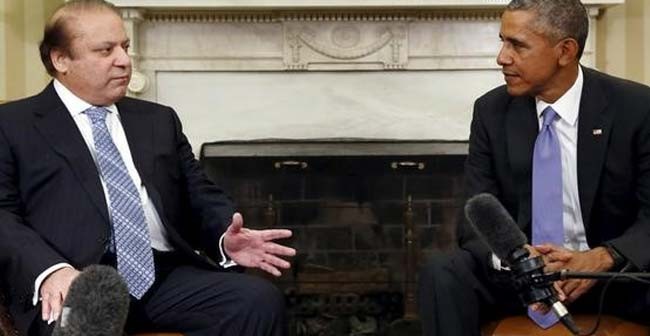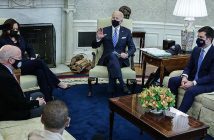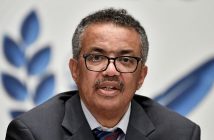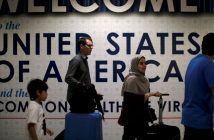by Manoj Ladwa
India yesterday conducted measured ‘surgical strikes’ on known terror camps in Pakistan-Occupied Kashmir (PoK) in response to repeated terror attacks supported from across the border in recent months.
US National Security Advisor Susan Rice called Ajit Doval, her opposite number in India, and told him the White House expects Pakistan to “take effective action to combat and de-legitimise” UN-designated terror groups.
Almost simultaneously, US Secretary of State John Kerry told external affairs minister Sushma Swaraj twice since the Uri terror attack not to escalate things vis-a-vis Pakistan.
Shorn of diplomatese, these seemingly contradictory statements convey the same meaning: “Let off steam but do nothing to upset the status quo…” The messages coming in from India’s other friends in the West also say much the same thing.
The US, and the rest of the West, is again, I fear, running with the hare and hunting with the hound.
Meanwhile, the situation on the ground is crying out loud for some concrete action to defang the hydra-headed monster that the Pakistani deep state is nurturing and unleashing on its neighbours. The message has to go across loud and clear to the generals in Pakistan, who seemingly are yet again taking more and more control of affairs in the country, and their political minions in Islamabad that trade and terror cannot go hand in hand.
In this context, Prime Minister Narendra Modi’s efforts to isolate and punish the Pakistani deep state should be welcomed – as it has been – across the globe. Addressing a public meeting in the southern Indian state of Kerala last week, he said: “I want to tell the people of Pakistan, India is ready to fight you. If you have the strength, fight against poverty. Let us see who wins. Let us see who is able to defeat poverty and illiteracy first, Pakistan or India.”![]() Modi’s preferred war by non-violent means struck an early blow when Afghanistan and Bangladesh joined New Delhi in boycotting the South Asian Association for Regional Cooperation (SAARC) meeting in Pakistan, thus, telling Islamabad that its neighbours don’t want to do business with a state that exports terror.
Modi’s preferred war by non-violent means struck an early blow when Afghanistan and Bangladesh joined New Delhi in boycotting the South Asian Association for Regional Cooperation (SAARC) meeting in Pakistan, thus, telling Islamabad that its neighbours don’t want to do business with a state that exports terror.
But for this message to really carry weight, it must be delivered by countries with global heft – like the US, the UK, the European Union (EU) and, yes, even China. So long as these countries and blocs continue their transactional and, one dare say, cynical relationship with Pakistan, the rogue elements at the helm of affairs in Pakistan won’t mind the occasional sermon or homily on the need to reign in terror.
With the knowledge that India is certainly not interested in a full scale war, these elements will turn off the terror tap only when it begins to hurt them – and therefore hard-hitting trade sanctions is now the only language they will understand. Pakistan has repeatedly blocked Nato’s supply routes to Afghanistan to punish the US for targeting its favoured militants via drone attacks.
To be fair, the US is already a third of the way there. Its lawmakers have stopped the Obama administration from giving Pakistan eight F-16 fighter jets with US taxpayers’ money. In August, the Pentagon also withheld $300 million military aid to Pakistan after US Defence Secretary Ashton Carter refused to certify that Islamabad was taking sufficient action against the Haqqani terror network.
This is welcome but only addresses part of the problem. Why can’t the US withhold all economic ties with Pakistan for nurturing the likes of Hafiz Sayeed, Azhar Masood and others of their ilk who no less a person than Hillary Clinton has described as “snakes” in Pakistan’s “backyard”.
Unless the US, along with allies especially the UK and EU, walks the full distance, it will be accused of tacitly supporting the artificial and specious difference between “your terrorist” and “my terrorist”.
The rest of the world, also please take note: trade and terror don’t go hand in hand.







